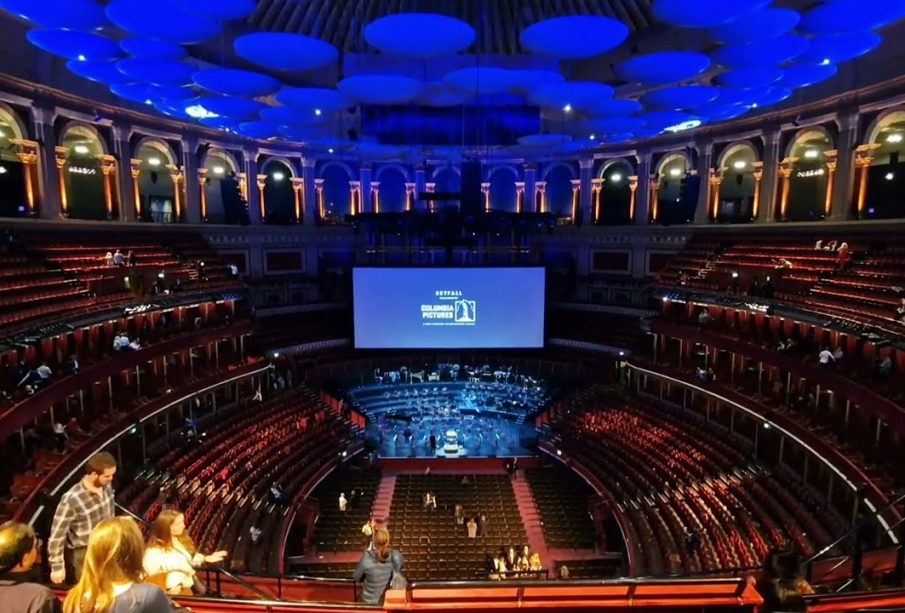Understanding the Royal Albert Hall: A Cultural Icon in London

Introduction
The Royal Albert Hall, nestled in the heart of London, is not merely a concert venue; it is a cultural monument that represents the artistic spirit of the UK. Opened in 1871, it has played host to a myriad of performances, including classical concerts, rock concerts, and even sports events. Its iconic dome and stunning architecture make it a beloved landmark, attracting millions of visitors annually. The significance of the Hall goes beyond its physical presence, as it has become a symbol of cultural heritage, showcasing a wide range of performances that reflect the diverse fabric of British society.
Events and Programming
Over the years, the Royal Albert Hall has hosted an impressive array of events. From the annual BBC Proms, which celebrates classical music, to iconic concerts featuring legendary artists like The Beatles and Adele, the venue’s programming has continuously evolved to meet the needs of the public while remaining rooted in its traditions. In recent years, the Hall has adapted to the changing landscape of entertainment by incorporating digital experiences and livestreaming, reaching audiences who might not be able to attend in person. This adaptability showcases the Hall’s commitment to remaining relevant in today’s cultural climate.
A Major Restoration
As part of its commitment to preservation and innovation, the Royal Albert Hall is currently undergoing significant restoration work. Planned over several phases, the renovation aims to enhance visitor experience while preserving the Hall’s historical integrity. The upgrades include modernising facilities, improving acoustics, and enhancing accessibility. This initiative reflects an understanding that while the Hall is steeped in history, it must also embrace the future, ensuring that it remains a prime venue for generations to come.
Conclusion
The Royal Albert Hall stands as a testament to London’s rich cultural tapestry, blending history with modernity. As it continues to host world-class events and innovative programming, its significance in the arts community becomes increasingly pronounced. The ongoing restoration serves as a reminder that cultural landmarks must adapt to survive and thrive, ensuring they stay relevant and accessible. For locals and tourists alike, the Royal Albert Hall is not just a venue; it is an experience that ignites passion, fosters creativity, and celebrates the artistic spirit of the UK.









